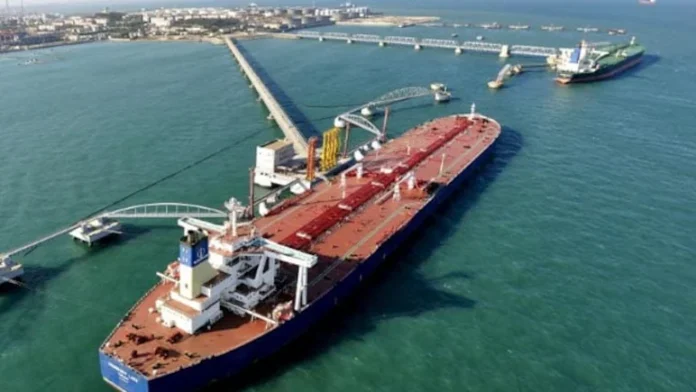Petroleum and Natural Gas Minister Hardeep Singh Puri sought to reassure the public on Sunday regarding potential disruptions in oil supplies amid the ongoing Israel-Iran conflict and heightened geopolitical tensions due to US military actions targeting Iran’s nuclear facilities.
“We have been closely following the evolving geopolitical landscape in the Middle East for the past two weeks. Under Prime Minister Narendra Modi’s leadership, we have diversified our supply sources over recent years, significantly reducing our dependence on the Strait of Hormuz,” Puri stated.
He emphasized that India’s major oil marketing companies—Indian Oil, Bharat Petroleum, and Hindustan Petroleum—have sufficient supplies for several weeks and are actively sourcing energy through multiple routes.
“We will take all necessary measures to ensure a steady supply of fuel to our citizens,” the minister assured.
Iran’s location by the Strait of Hormuz is crucial, as it serves as a conduit for oil transport from Saudi Arabia, Iraq, Kuwait, and the UAE. Iran has previously threatened to obstruct this route if the US involved itself further in the Israel conflict.
Any escalation in Middle Eastern hostilities is likely to affect oil supplies from these nations, potentially triggering a sharp increase in oil prices. Additionally, shipping routes may face disruptions, particularly since Yemen’s Houthi rebels have threatened to resume attacks on vessels should the US strike Iran.
India relies on imports for about 85 percent of its crude oil needs, and rising oil prices can inflate the oil import bill, contributing to higher inflation and hindering economic growth. A greater outflow of foreign exchange may also weaken the rupee against the US dollar.
Nonetheless, India has mitigated risks by diversifying its oil imports, notably increasing purchases from Russia and the US, alongside strengthening its strategic reserves.
Puri also highlighted significant accomplishments in the oil and gas sector, noting that the country is home to 23 modern operational refineries with a total capacity of 257 million metric tonnes per annum, aimed at enhancing petroleum product production.
The minister recently emphasized the ministry’s proactive steps in establishing storage facilities for strategic petroleum reserves. These facilities are crucial for the nation to rely on during emergencies and become particularly significant amid geopolitical tensions. They also serve as a buffer for national oil companies when global prices surge.
The minister noted that the storage capacity at Pudur stands at 2.25 million metric tonnes (MMT). Meanwhile, the Visakhapatnam facility can hold 1.33 MMT of crude oil, and the Mangalore site has a capacity of 1.5 MMT. Additionally, a new strategic reserve facility is currently under construction in Chandikhol, which is also located along the coast.










